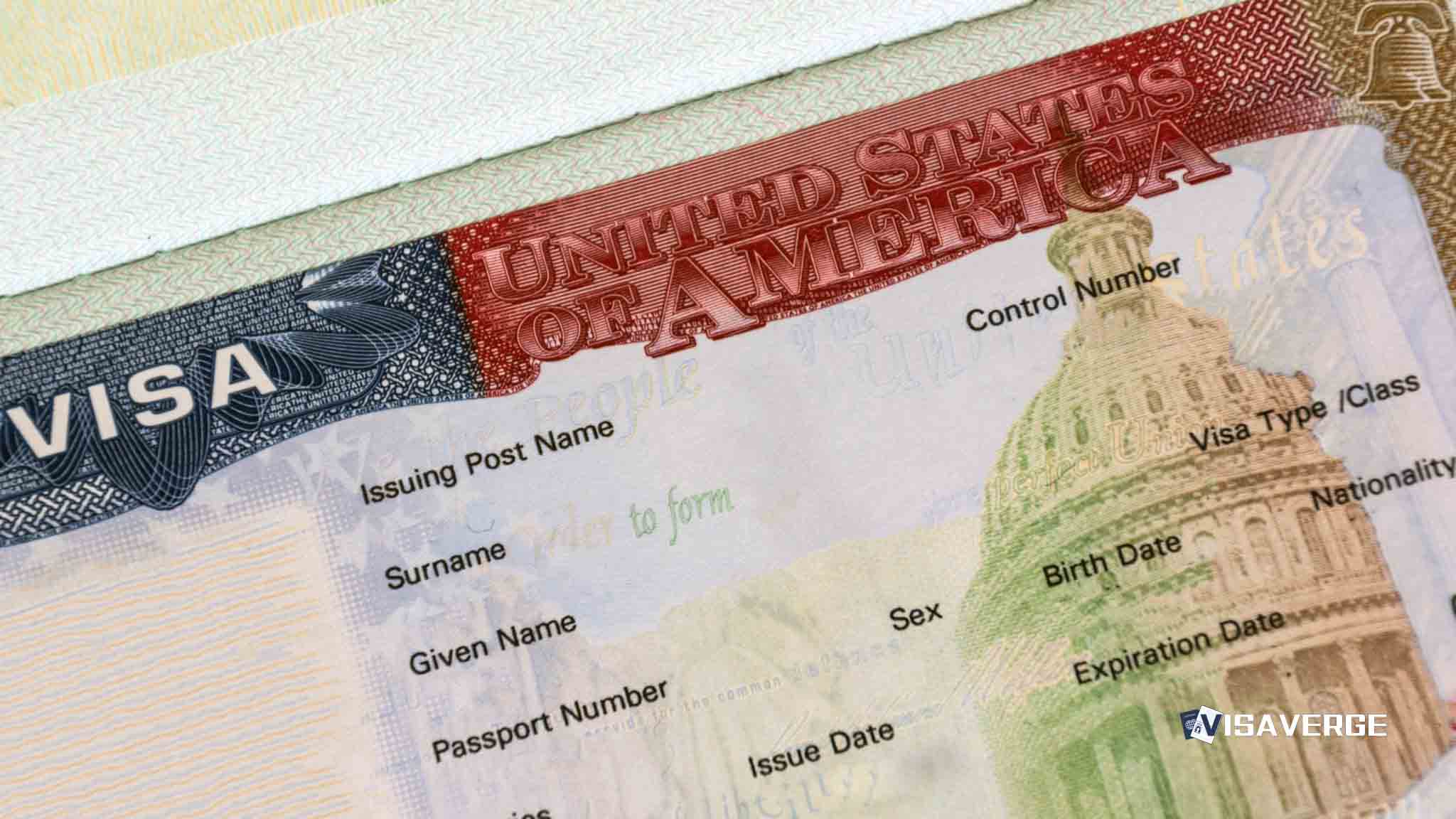A Home Office minister has denied that asylum seekers in the United Kingdom will have their personal jewellery seized to pay for their stay, as a fierce political row erupts over sweeping asylum reforms announced in Westminster this week.
Speaking after a wave of reports claiming the government planned to copy Danish-style rules allowing authorities to take valuables from new arrivals, Home Office minister Alex Norris insisted there would be no blanket policy of confiscating rings, necklaces or other sentimental items. He confirmed that ministers had examined how other European countries handle asylum costs but said claims about routine seizure of jewellery were misleading.
Norris said the government’s position was that people claiming asylum who clearly have money or assets should not rely entirely on taxpayer-funded support. While rejecting talk of forced jewellery seizures, he acknowledged that those who have the means could be expected to “contribute” towards their housing and daily costs. That comment immediately raised fresh questions from refugee groups about how such means-testing might work in practice, and whether people arriving after war or persecution would face intrusive checks on their belongings.
The reforms announced and timeline
The controversy broke into the open as the new Home Secretary, Shabana Mahmood, set out a package of hardline asylum reforms in the House of Commons at 1530 GMT on Monday, 17 November 2025. The plan, described by officials as “landmark”, is openly modelled on Denmark’s strict asylum system and marks one of the toughest shifts in British refugee policy in decades.
According to analysis by VisaVerge.com, ministers see the Danish approach as proof that sharp deterrent measures can reduce irregular arrivals, even as rights groups warn of long-term harm.
Key proposed changes
- Refugee status becomes temporary and subject to review every 30 months.
- Waiting period for permanent residence increases from 5 years to 20 years.
- The government plans to end its legal duty to provide support to asylum seekers who would otherwise face destitution, drawing a line between those seen as truly without resources and those thought able to work or draw on savings.
- Tightening use of the European Convention on Human Rights (ECHR) to block removal, with stricter tests for last-minute injunctions and appeals.
- Tightening family reunion rules (detailed text not yet published).
What temporary status means in practice
Under the proposal, refugee status will no longer be a stable, long-term grant. Instead:
– Status would be temporary and reviewed every 30 months.
– Each review would examine conditions in the person’s country of origin.
– Refugees would be expected to return once their home state is officially judged “safe”.
– The jump from five years to 20 years before applying for permanent residence creates what critics call a near-permanent state of insecurity for survivors of conflict or torture.
Support, housing and means-testing
The reforms go beyond status alone. The government plans to:
– End the legal duty to provide support to asylum seekers who would otherwise face destitution.
– Remove guaranteed housing and weekly financial allowances for people who:
– have the right to work, or
– can support themselves, or
– have committed crimes.
Charities warn this could push thousands into street homelessness, especially in the first months after arrival when permission to work is still being processed or jobs are hard to find.
Government rationale and official guidance
Ministers argue a tougher stance is needed to:
– Bring the asylum system back under control.
– Discourage dangerous Channel crossings.
– Reduce record backlogs and mounting hotel bills running into hundreds of millions of pounds a year.
Official information on how to claim asylum remains available through the government’s guidance: claiming asylum in the UK. Campaigners warn Mahmood’s rules could make day-to-day life far harsher for people already inside the system, including families with children and survivors of trafficking.
Human rights and deportation appeals
Another central plank is a pledge to make it harder for irregular migrants and foreign offenders to use the ECHR to block removal. New legislation would:
– Set tighter tests for last-minute injunctions and appeals, especially in deportation cases involving people with criminal records.
Supporters say this will prevent “abuse” of human rights law. Human rights lawyers counter that the ECHR has often been the only tool stopping people from being sent back to torture, imprisonment, or persecution.
Family reunion and wider social impacts
The Home Office is preparing a tightening of family reunion rules, though the detailed text has not been published. Refugee organisations fear:
– Stricter rules will split parents from children and spouses for many years.
– Temporary status for decades will hinder access to long-term housing, stable work, and mental health treatment.
– Entire communities will be affected across the country.
Political reaction
Reaction in Parliament has been sharp and emotional.
- Labour MP Tony Vaughan said the policy risks creating “perpetual limbo and alienation” for refugees who may never feel secure.
- Labour MP Stella Creasy called the proposals “performatively cruel” and “economically misjudged,” saying pushing people into deeper poverty would eventually raise costs for local councils, health services, and emergency shelters.
- She also questioned how officials would decide whether an asylum seeker’s jewellery, savings or other assets meant they no longer deserved basic state support.
Enver Solomon, chief executive of the Refugee Council, urged the government to change course. He warned the package “will not deter” dangerous Channel crossings, since people fleeing war, gangs, or dictatorship often have no safe route to apply from abroad.
“Refugees who work hard and follow the rules should be able to build ‘secure, settled lives’ instead of facing review every two and a half years and the threat of removal if their home countries are deemed safe on paper but remain unstable in reality,” said Enver Solomon.
Refugee charities stress that sentimental jewellery and small personal items are often the only things people manage to save when they flee and must not become bargaining chips in funding debates.
Reaction across the political spectrum
- On the right, Reform UK leader Nigel Farage celebrated the announcements, framing them as action to “take back control” of borders and to signal the UK is not an easy destination.
- Centre-right Conservatives described the package as “tinkering with the edges,” arguing the measures do not go far enough to cut small boat arrivals or speed up deportations of people whose claims fail.
Human stories and practical concerns
Behind headlines about jewellery and harsh reforms lies a deeper argument about what kind of country the UK wants to be for people seeking safety.
- For a young Afghan who fled the Taliban with only a wedding ring, or a Syrian mother who grabbed a family necklace, talk of “contribution” and asset checks feels deeply personal.
- Lawyers and caseworkers report asylum seekers calling in fear that even the few precious items they carried from home could be taken from them.
What happens next
As the bill moves through Parliament in the coming months, expect:
– Charities, faith leaders, local councils, and business groups to press for changes.
– Some groups to back tougher action against smugglers and faster decisions while urging protection for basic support and family unity.
– Legal challenges, especially to any move seen as limiting the reach of the ECHR.
For now, the government insists that gemstone rings, necklaces, and family jewellery will stay off-limits, but the broader battle over how Britain treats those asking for asylum is only just beginning.
This Article in a Nutshell
The government denies plans for blanket seizure of asylum seekers’ jewellery while unveiling major asylum reforms on 17 November 2025. Proposals make refugee status temporary with reviews every 30 months, extend the wait for permanent residence from five to 20 years, and remove some legal duties to support applicants. Plans also tighten ECHR appeals and family reunion rules. Critics warn of homelessness, family separation and legal challenges; charities urge safeguards for vulnerable people.













